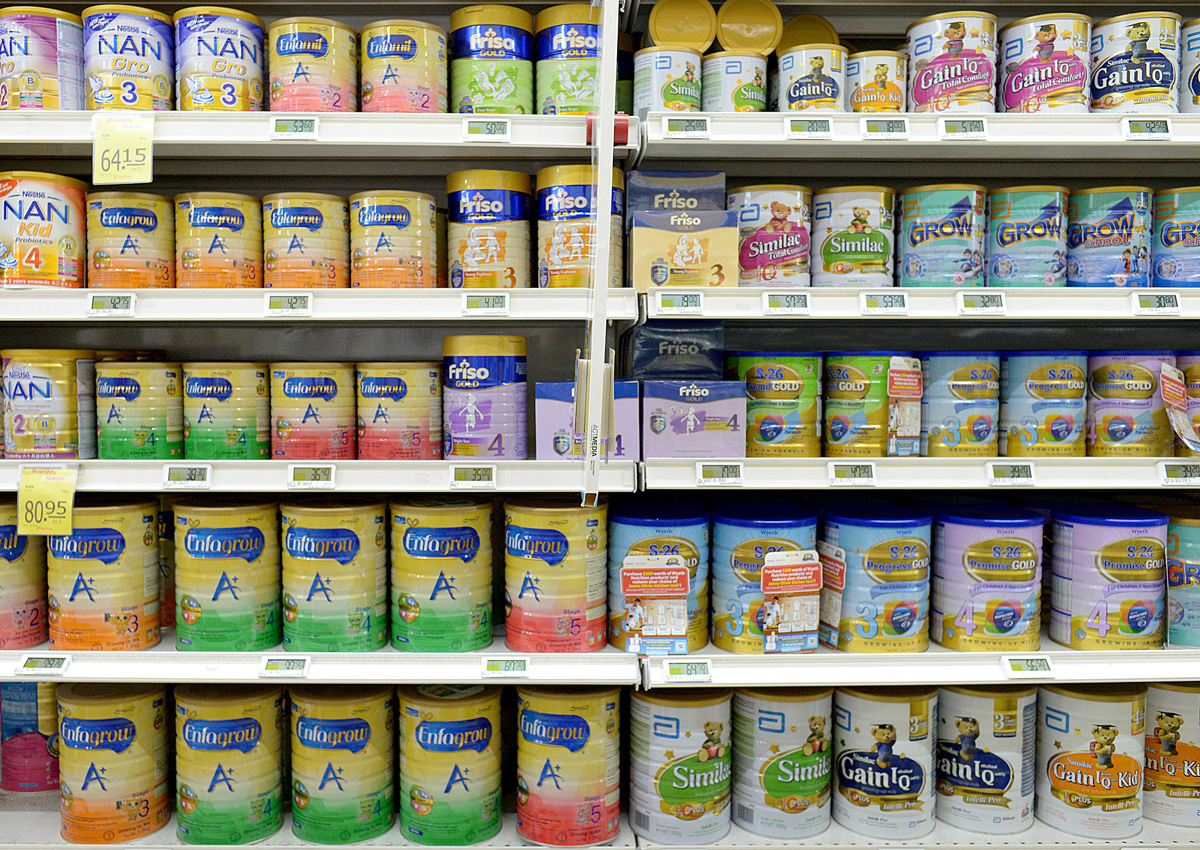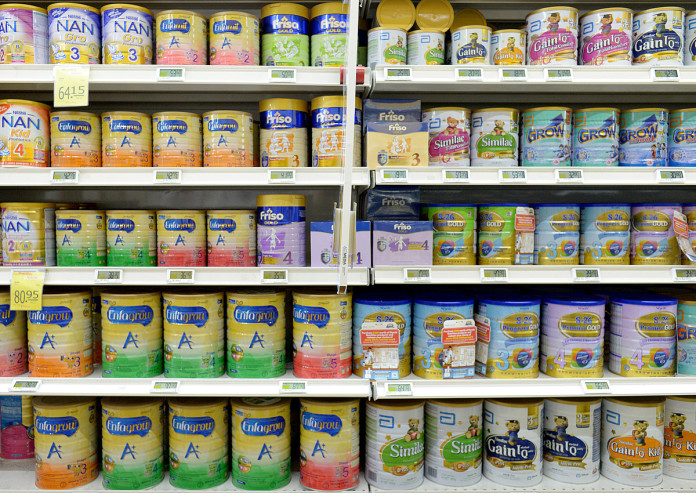SHANGHAI – Infant milk formula imports to China through international websites will need official approval by 2018, the finance ministry said, a reprieve for firms who were concerned the rules would have immediate effect.
China raised tariffs on online retail imports last Friday, but also published a “positive list” which tightened restrictions on some products including milk powder being imported through cross-border websites.
The move sparked share price gyrations by firms in close trade partners like Australia as companies and investors scrambled to understand the impact.
China’s cross-border e-commerce market has lured in domestic shoppers with lower tax rates than conventional imports and less red tape.
The finance ministry said in a statement late on Wednesday that infant milk formula imported through online channels would”temporarily” not need to obtain registration documents. The new requirements would come into effect from Jan. 1, 2018.
China’s cross-border retail sales refers to goods either shipped directly to shoppers from overseas or from bonded warehouses in free-trade zones within China. The market is set to hit 432 billion yuan (S$90.6 billion) this year, from 259 billion yuan in 2015, according to McKinsey & Co.
Cosmetics imported through the same channel would need to obtain a permit, the finance ministry statement said. China had already approved 136,000 cosmetics, covering the “vast majority”of international brands.






